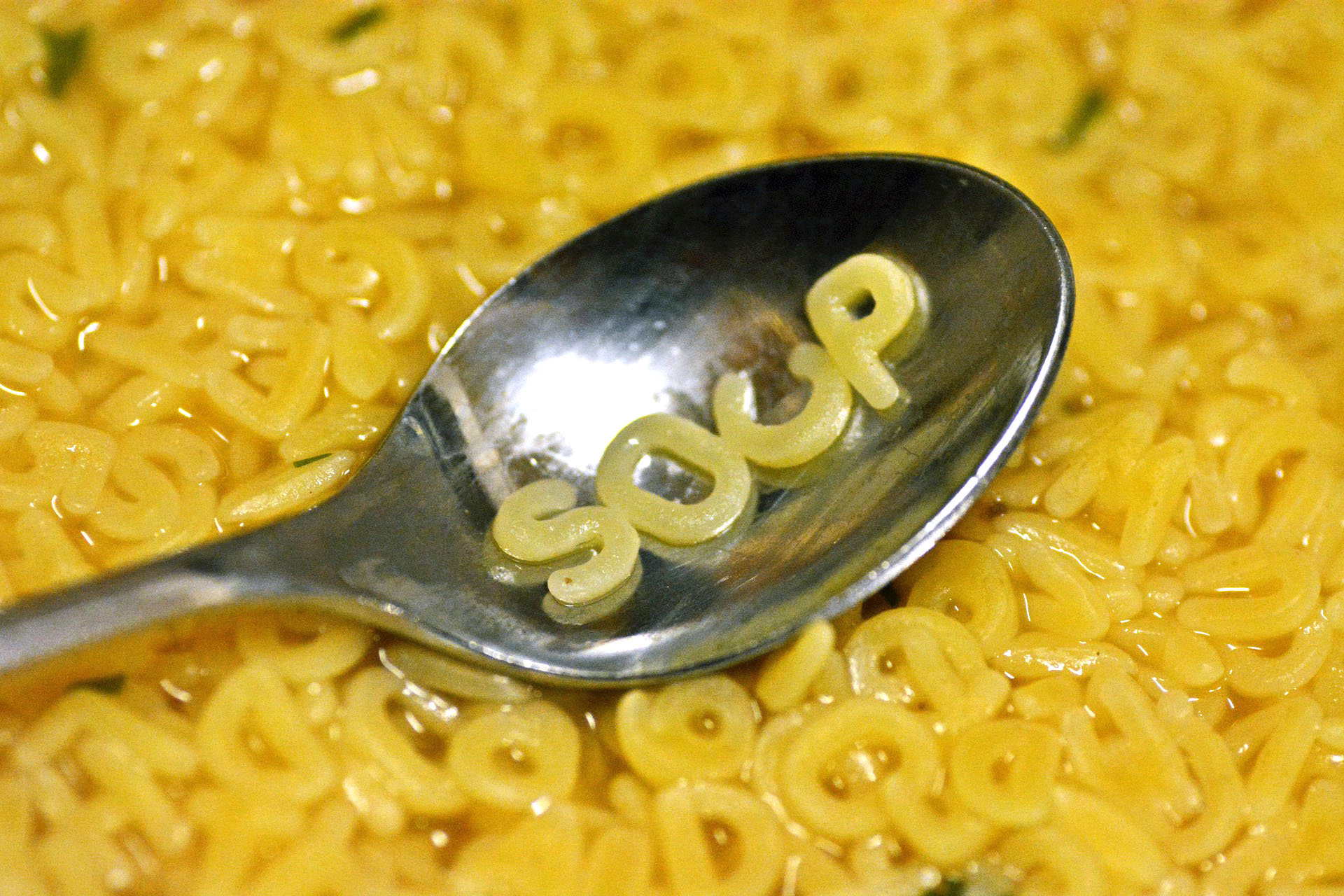One thing we see a lot of here at Gyroscope Review is a good poem—that suddenly goes wrong. In their haste to put a tidy bow at the end of the poem, the poet wraps it up with a cliché. Instead of ending strong and leaving the reader to marvel at the deft wording, the poet tries to evoke the emotion they want us to feel with a stock image/phrase.
It doesn’t work. The reader feels cheated, and often the poet is uneasy about the poem but is not sure why. Clichés weaken your poetry and make it lazy. Cliché kills your writing, and sluggish poetry is no reader’s friend. Often in their haste to get a poem out into the world, poets forget to comb through and make each line sparkle. Editors love to be dazzled by a new arrangement of words they never imagined.
Merriam-Webster Definition of cliché
1: a trite phrase or expression also: the idea expressed by it
2: a hackneyed theme, characterization, or situation
3: something (such as a menu item) that has become overly familiar or commonplace
When a poet delves into cliché in their poem, it’s often subconsciously. The mind’s first impulse is to grab for the familiar and the easy. Often that’s a phrase or image that has been used so much, it’s become meaningless. It may make your point but the reader is left with cotton candy, fleeting, and gone. You want your reader to remember your poem long after they’ve turned the page.
- only time will tell
- gray sorrow
- head over heels
- time heals all wounds
- the calm before the storm
- free and easy
- labor of love
- a broken heart
These phrases and hundreds more are so familiar we don’t even realize they’ve snuck into our writing. We’ve all done it. It’s our job as poets to seek out clichés and execute them. Look for new ways to say what you mean. Readers love surprises and a quirky turn of phrase. It tickles them to discover a new way of seeing the world. Don’t try and sound “poemy”. When you write about nature, look for new, unusual comparisons. When you write about love make the reader feel each pinprick of elation or pain. I’d rather see a sardonic riff on John Keats than an attempt to copy.
What we look for in slush is a poem that doesn’t rehash the familiar or rearrange the poem into weird shapes to try and disguise its weaknesses. We’re poets, words are our tools. Build something spectacular. Then shove it off a tall building and watch it fly.
A few more essays on the writing process
Throwing Your Heart into The Fire, or How to Win at the Publication Game by Elya Braden
Sink the Shot and Save the Poem
Merriam Webster page on clichés
